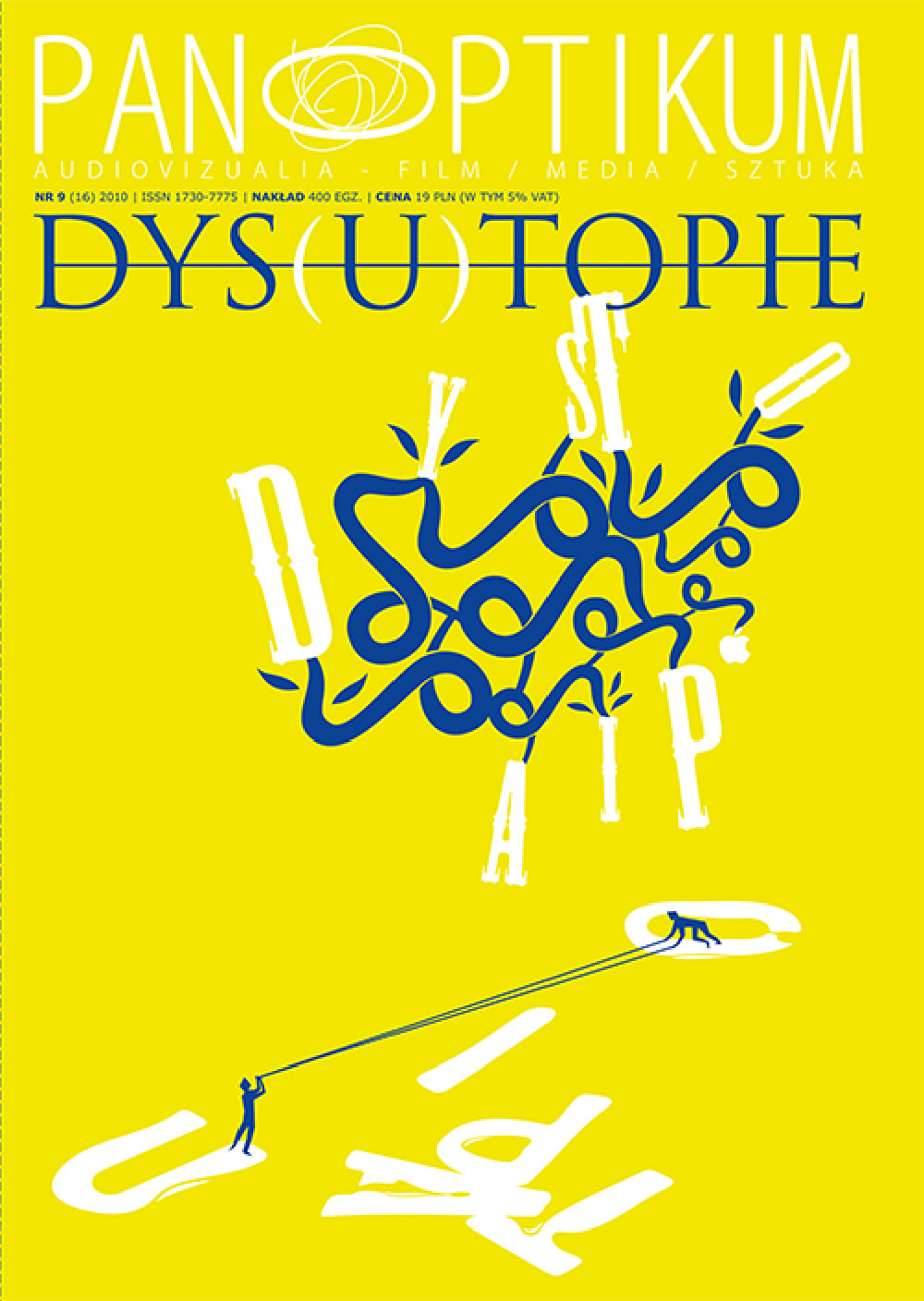Muzyka jako utopia języka idealnego. Kilka spojrzeń na twórczość Pascala Quignarda
Abstrakt
The works of Pascal Quignard include numerous references to visual arts and music. His stories often originate in images which constitute a source of writer’s inspiration. One of the author’s aims is based on paradox: he tries to reveal the invisible through the visible. It is music that shows him the way of touching the mystery of invisible. Its universal link with human origins can be understood as a place of memory for writings. Quignard follows up the secrets of music via its mythical origins. One of Quignard’s most significant and controversial attempts is his interpretation of the myth of Ulysses, presented in his book The Hatred of Music. Treating the Quignard’s version of this famous myth as a starting point, I develop it in my paper even further. I also analyze the main musical motives of Quignard’s books: The Music Lesson, Boutès, All the World’s Mornings and Villa Amalia. In these novels, the utopia of music arises as yearning for something we lost for good. All the characters in All the World’s Mornings (Tous les matins du monde, the 1991 film based on probably the most popular novel by Pascal Quignard) are under the influence of such a nostalgia. Music is defined there as the return to our infancy - the pre-speech period of our life - the time we were learning the meaning of the world around us through the sounds. Diving deep into the music there, is the way to escape from the world. The other means of escape is chosen by the heroin in Quignard’s later novel Villa Amalia which was adapted for the screen in 2009. Breaking with her past means finishing with her musical career that used to be the essence of her life. By creating her life from scratch, she finds the place for the music back but in totally new form. The main purpose of my article is to evoke those strands of Quignard’s work which present music as “desire for unreal” (the description of music used by the composer, Gabriel Fauré).

 Uniwersyteckie Czasopisma Naukowe
Uniwersyteckie Czasopisma Naukowe





